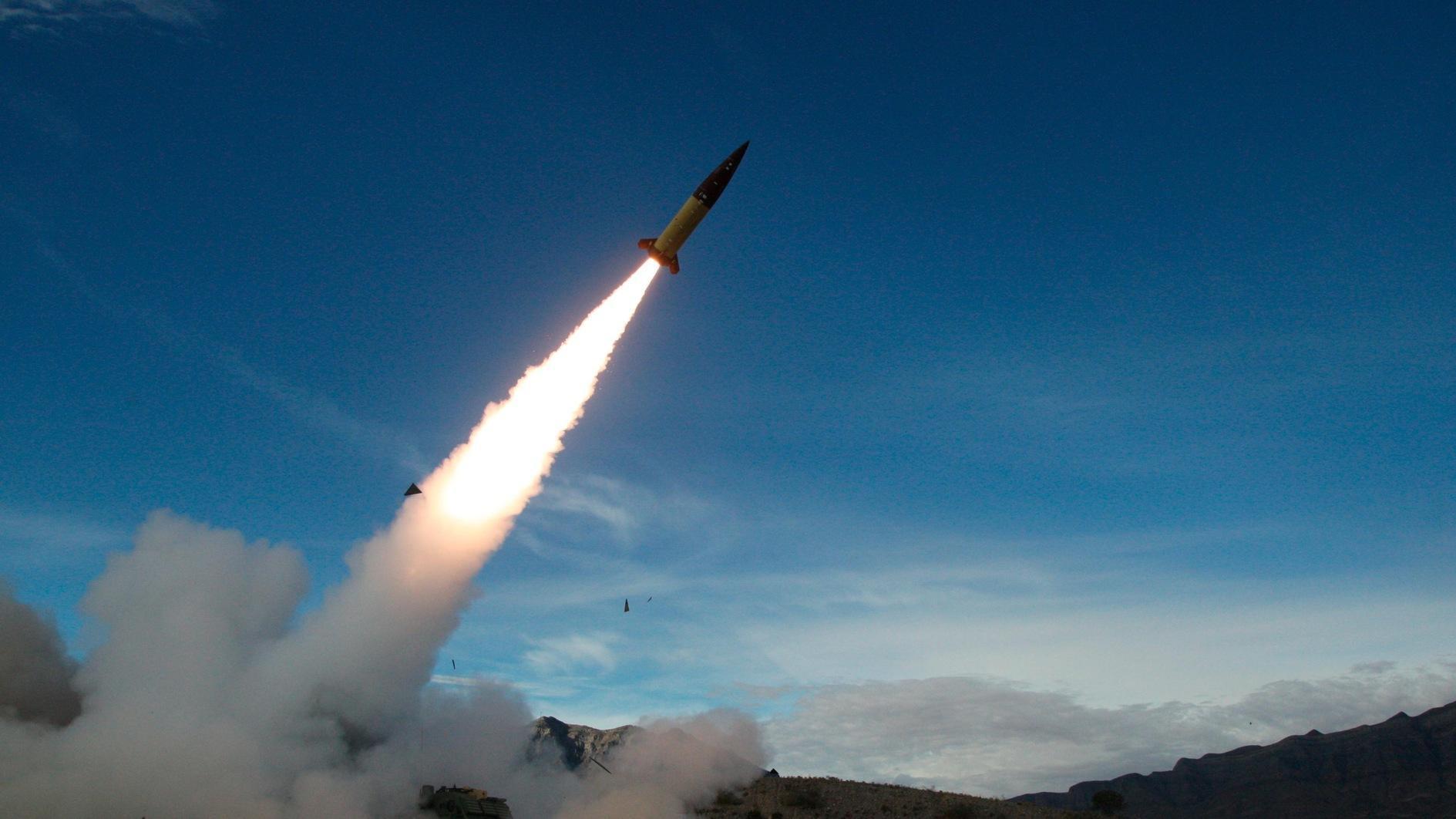Turkey to bargain with US over no-fly zone
President Tayyip Erdoğan seemingly had no doubt about the result of the Oct. 2 vote in Parliament about giving a mandate to the Ahmet Davutoğlu government to get involved in military commitments within the U.S.-led front against the Islamic State of Iraq and the Levant (ISIL) in both Iraq and Syria.
He had already called Davutoğlu, key ministers and key security bureaucrats for a security meeting on the same evening.
According to ranking Turkish sources speaking on condition of anonymity, the Turkish position in the talks with U.S. officials would be outlined after this meeting. That position will be a basis in the talks, which are expected to start during the visit to Turkey of John Allan, who is the anti-ISIL coordinator of U.S. President Barack Obama, and Deputy Assistant Secretary of State Brett McGurk. That visit will take place right after the Muslim religious holiday between Oct. 3-7.
The main demand of the Turkish side in those talks and the follow ups is expected to be the imposition of a no-fly zone by the U.S.-led coalition in the north of a certain part of Syria, up to the Turkish border, like those applied in Iraq under the Saddam Hussein regime between 1991-2003.
At that time there were two no-fly zones imposed over Iraqi air space: One to protect Shiites from Iraqi air forces south of the 32th parallel and one to protect Kurds north of the 36th parallel. There is no solid information yet, but the Turkish position may well be the imposition at the of the same 36th parallel, for which operations could be carried out from the İncirlik airbase in southern Turkey, just as was the case of “Northern Watch” for Iraq 12 years ago. Then, U.S., British and French jets under the monitoring of the Turkish Air Forces carried out patrol flights in order to make sure that there were no Iraqi flights being conducted there.
The no-fly zone in practice will be aimed at stopping the Syrian air force from entering the area. That is likely to create new fault lines in the region, as Syria has been in a civil war for the last three years that actually helped lead to the establishment of al-Qaeda-affiliated radical Islamist organizations like al-Nusra and ISIL.
Asked why Turkey wants so much to secure an international effort to stop flights by the Syrian regime, a ranking Turkish official told HDN that Syrian jets and helicopters had previously bombed Free Syrian Army (FSA) positions whenever the FSA engaged in clashes with ISIL, in order to let the latter dominate the region and sweep the Western-supported FSA away. “ISIL couldn’t have grown so fast without the help of the Syrian air forces,” the official claimed. “We do not want to have the same scenario repeated.”
Ankara also believes that the Bashar al-Assad regime deliberately released al-Qaeda and affiliated radical terrorists out of prison and allowed them the join radical Islamist organizations, including ISIL, in order to present itself to the West as the lesser evil.
The legal grounds of such a no-fly zone are open to debate. There is no U.N. resolution yet particular to that purpose. On the other hand, there was no U.N. resolution for the no-fly zone over Iraq in 1991 either. It is true that there is a stronger Russian position and influence in the case of Syria, but just as the U.S. would not get into a war with Russia over Ukraine, Russia is not likely to get into a war with the U. S. over Syria. The general understanding among Turkish officials is that if you can convince the U.S. then you can convince the coalition and get the operation going.
This stance of the government, in fact, is almost evidence for what the main opposition Republican People’s Party (CHP) leader Kemal Kılıçdaroğlu said in his criticism of the parliamentary mandate for the government, when he announced that he would vote against the mandate, despite all his calls for weeks that Turkey should side with the West against ISIL. He said the motion actually targeted the Syrian regime more than ISIL itself, and risked dragging Turkey further into the “Middle Eastern quagmire.”
Will the U.S. and its partners say “yes” to a no-fly zone over Syria? Why not? After all, it is a bargaining process and it all depends on what you get in return. As of yesterday, the Turkish government has the capacity to make generous commitments for a whole year.











